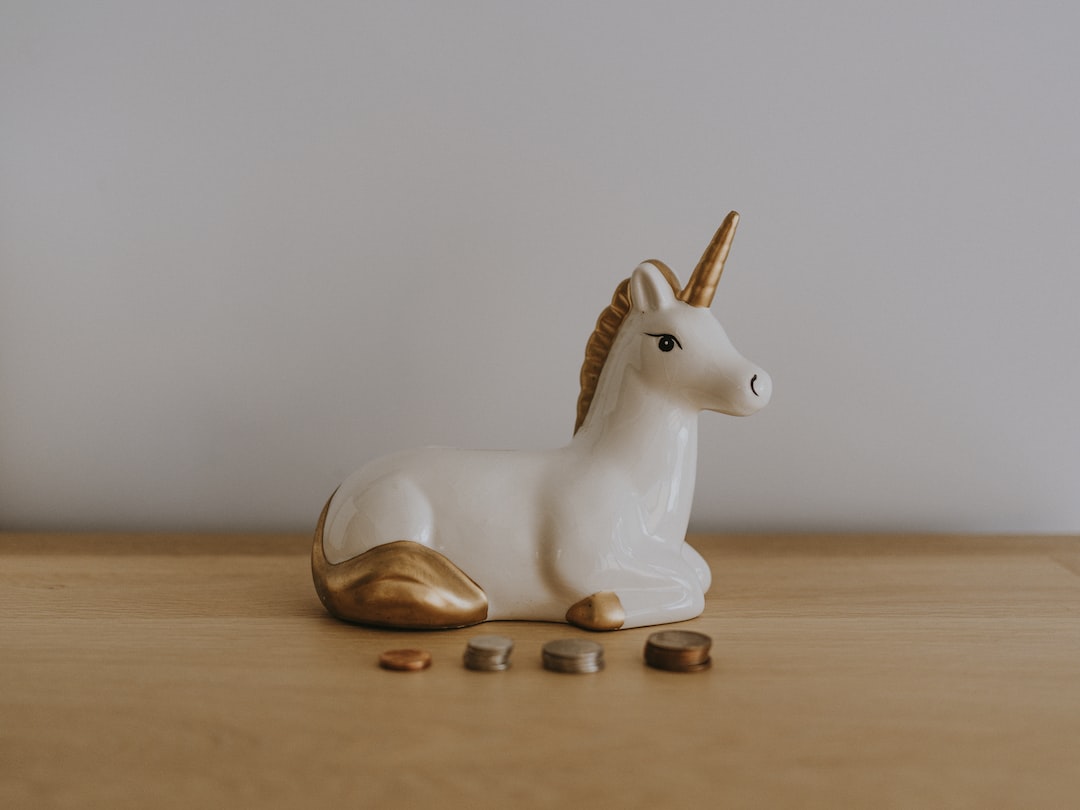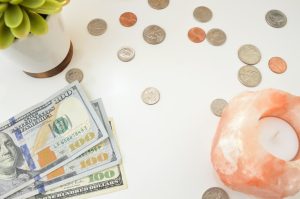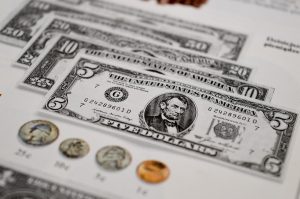Forex, or foreign exchange, is a decentralized market where currencies are traded. This means that there is no central authority who controls forex prices. Instead, the prices of currencies are determined by the supply and demand of the market.
The participants in the forex market include individuals, corporations, governments, and central banks. Each of these players has a role to play in the overall supply and demand of currencies, which affects the forex price.
Individual Traders
Individual traders make up a significant portion of the forex market. They participate in the market with the aim of making a profit. As such, their buying and selling activities contribute to the overall demand and supply of a currency.
For example, if a large number of individual traders are buying a particular currency, the demand for that currency will increase, which will cause its price to rise. Conversely, if many traders are selling a currency, the supply of that currency will increase, which will cause the price to fall.
Corporations
Corporations also participate in the forex market to conduct international business transactions. For example, a company in the United States that imports goods from China will have to pay for those goods in Chinese yuan. To do so, the company will have to exchange US dollars for Chinese yuan.
This exchange of currency by corporations contributes to the overall demand and supply of a currency, which affects the forex price.
Governments
Governments also play a role in the forex market. They are responsible for setting monetary policy, which includes interest rates and exchange rates. Changes in monetary policy can have a significant impact on the forex price.
For example, if a government increases interest rates, it will make its currency more attractive to foreign investors. This increased demand for the currency will cause its price to rise. Conversely, if a government decreases interest rates, it will make its currency less attractive to foreign investors, which will cause its price to fall.
Central Banks
Central banks are the institutions responsible for implementing monetary policy. They can directly influence the forex market by buying or selling currencies. For example, if a central bank wants to increase the value of its currency, it can buy that currency in the forex market. This increased demand for the currency will cause its price to rise.
Similarly, if a central bank wants to decrease the value of its currency, it can sell that currency in the forex market. This increased supply of the currency will cause its price to fall.
Conclusion
In conclusion, there is no single entity that controls forex prices. Rather, the prices of currencies are determined by the supply and demand of the market, which is influenced by a variety of players including individuals, corporations, governments, and central banks.
Understanding the role of each of these players is key to making informed decisions in the forex market. By keeping a close eye on market trends and the actions of these players, traders can make profitable trades and navigate the volatility of the forex market.






